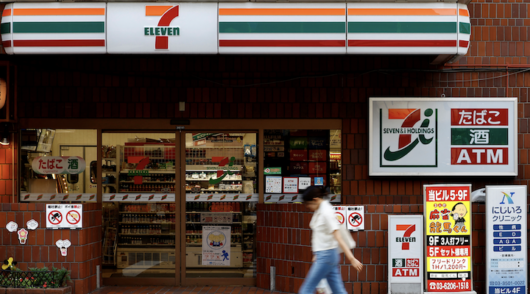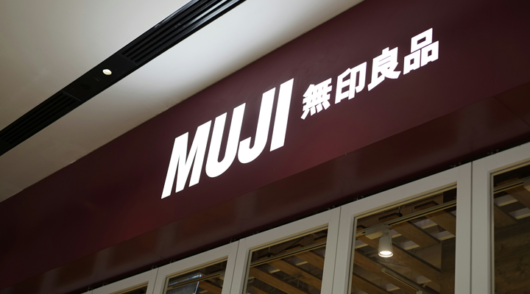The Swiss watchmaker Swatch Group pulled a campaign this week after images of a model making a “slanted eye” gesture, long associated with mocking Asian features, sparked outrage online, turning what was meant to promote its Essentials line into a public relations crisis in one of its most important markets. The backlash was swift. Within hours of the ads surfacing, Chinese social media lit up with anger, with many users calling for boycotts. Swatch removed the campaign worldwide and issued
ed an apology in both Chinese and English on its Weibo and Instagram accounts.
“We sincerely apologise for any distress or misunderstanding this may have caused,” the company said.
Yet the apology may not be enough to undo the damage.
“What’s striking is that a company as international as Swatch still let this slip through,” said Sunny Shen Juan, China-based business consultant. “It makes you wonder who was in the room when this campaign was approved, and whether local voices had a seat at the table.”
A market too important to offend
Swatch’s miscalculation comes at a delicate moment. The company relies heavily on Greater China, but its performance in the region has been under pressure. Over the past 18 months, Greater China’s share of group sales has fallen from 33 per cent to 24 per cent.
In July, Swatch reported that first-half sales had plunged 11.2 per cent, a decline it attributed almost entirely to weakness in China, Hong Kong and Macau. Wholesale sales in the region dropped by more than 30 per cent, while retail sales fell 15 per cent in the first quarter. Executives expressed cautious optimism about a recovery in the second half of the year but the latest controversy now threatens to undercut that hope.
“The Swatch Group just provided a textbook case on how tone-deaf advertising can backfire at the worst possible moment,” Barry Kaplan, founder and CEO of consulting company BKK and Co, said in a LinkedIn post.
“In this environment, insulting an entire race is not just morally wrong. It’s strategically suicidal. Swatch depends on Greater China for nearly a third of its sales. Alienating that customer base when local alternatives are rising is corporate malpractice.”
Why the stakes are higher now
Swatch is hardly the first global brand to miscalculate in China. The country has proven a minefield for Western companies that misstep culturally or politically.
In 2018, Dolce & Gabbana faced boycotts after posting videos of a Chinese model clumsily attempting to eat pizza and pasta with chopsticks, a campaign critics derided as patronising and racist. The brand’s founders were forced into a grovelling apology video, but the fallout was lasting.
Similarly, in 2023, Dior sparked outrage with an image of an Asian model pulling up the corner of her eye, an uncanny echo of Swatch’s mistake.
According to Kaplan, what makes Swatch’s blunder more damaging is the timing. US tariffs are already pressuring Swiss watch exports, while local Chinese watch brands are gaining both prestige and acceptance in their home market. Additionally, rising consumer nationalism in China has placed foreign brands under unprecedented scrutiny.
“China is not merely a market to exploit but a crucial stakeholder with rising cultural confidence and economic clout,” said Lena Lee, market strategist and associate lecturer at University of the Arts London. “The idea that Chinese consumers will forgive easily is outdated, they now have abundant alternatives and are increasingly loyal to brands that show respect.”
Lee argues that effective crisis management is just as important as avoiding missteps in the first place.
“A half-hearted apology or symbolic gesture only deepens consumer distrust. Genuine accountability, transparent communication and swift corrective action are essential,” she said.
“Cultural respect is non-negotiable. Marketing campaigns must be vetted not only for creativity but also for cultural sensitivity. In today’s interconnected world, a misstep in one region can rapidly escalate into a global scandal,” Lee added.
Meanwhile, Kaplan said the lesson is advertisers cannot afford to be lazy or careless with cultural awareness. In a global market, especially one as competitive and sensitive as China, brands must respect the people they hope to serve.
Further reading: Swatch celebrates opening of new Melbourne store with art exhibit.







